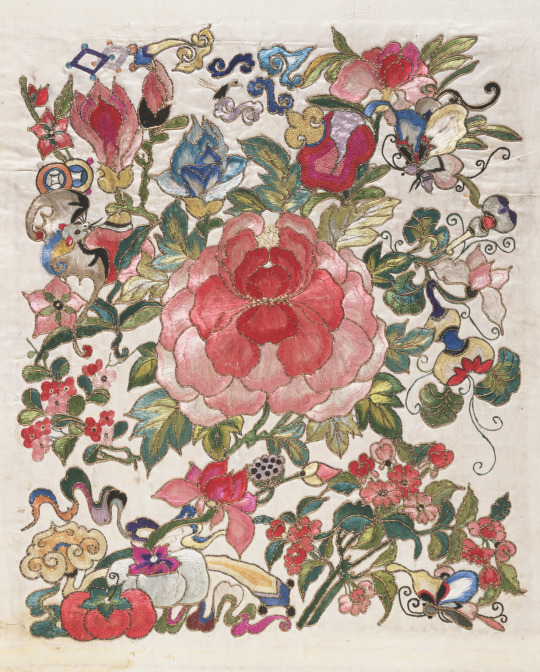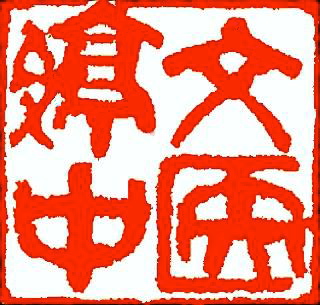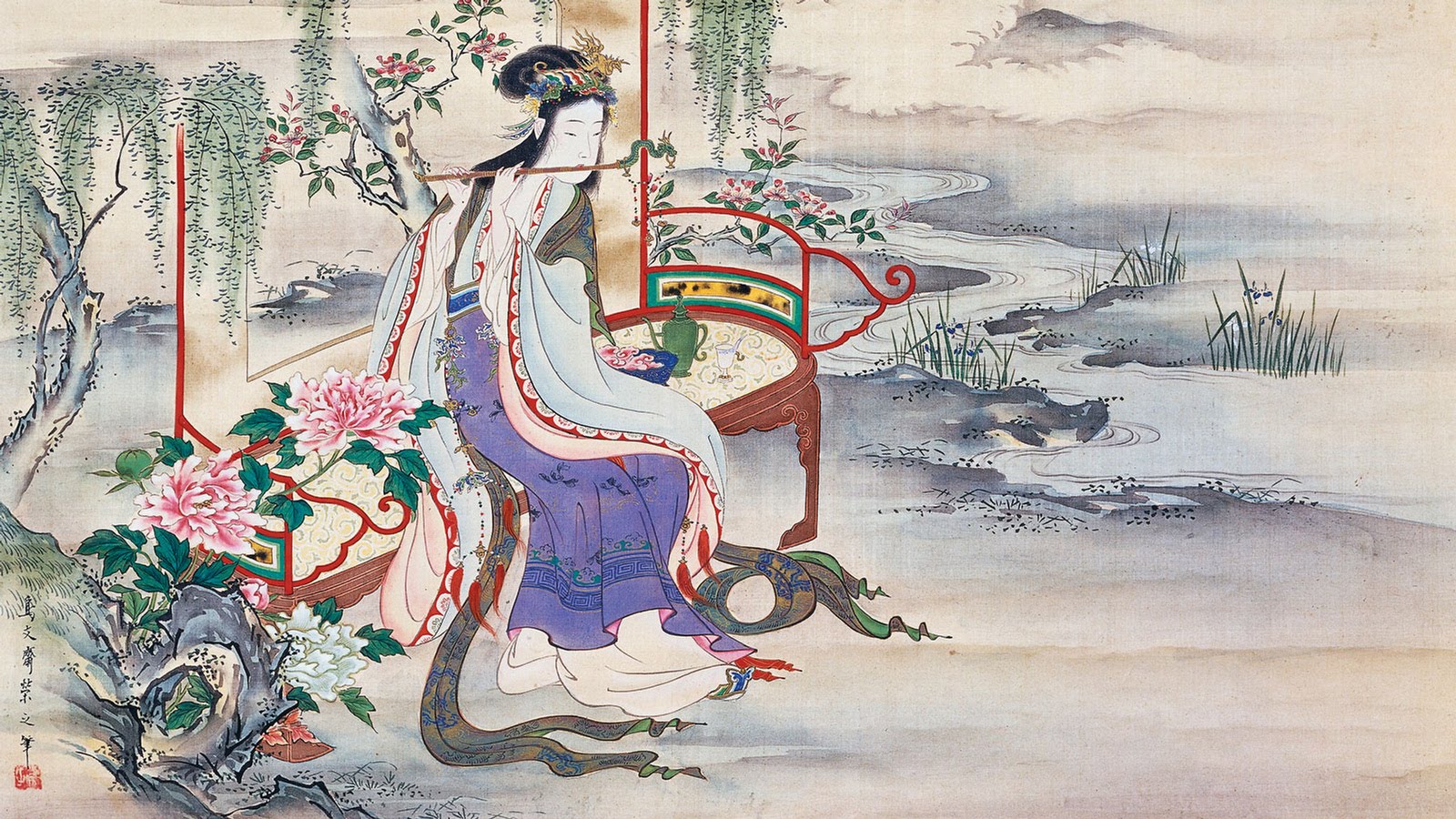The five sensory orifices, referring to the nose, ears, eyes, lips, and tongue, are each paired with specific visceral organs. In particular, the Heart, regarded as ‘the emperor or sovereign ruler’, gives residence to Shen – a level of ‘Spirit’ which activates all mental activities, as well as perceives the emotional stimulus of all of the organs. The Heart has relationships with the other orifices beyond its own link with the tip of the tongue.
Heart 心 is the only organ with insight to do that.
For example, the eyes are related to Liver, but are also related to Heart. The Heart supplies blood, and blood vessels supply the eyes. According to the Su Wen 素問, the first medical text to address basic questions, theoretic foundations and diagnostics in Chinese medicine, excessive use of the eyes injures the Heart as well as the blood of the Liver. Diagnostically, the eyes are the most important window of Shen (or Spirit) that is inherently stored in the Heart, and although the eyes are particularly the orifice of the Liver, sight is a manifestation of the function of Heart.
Well-Wishes to All



